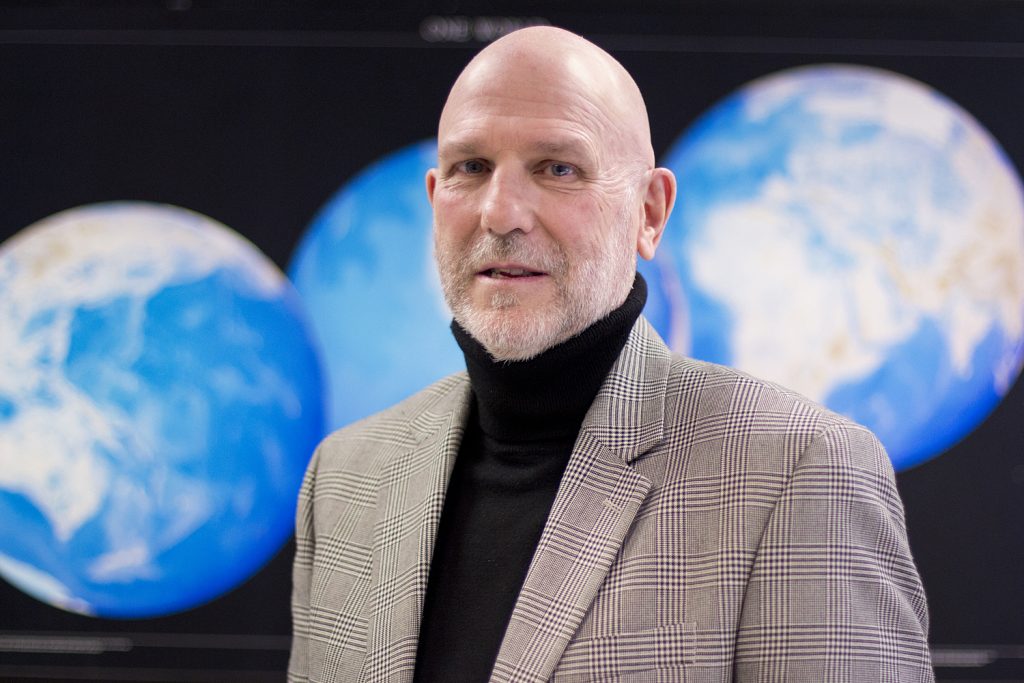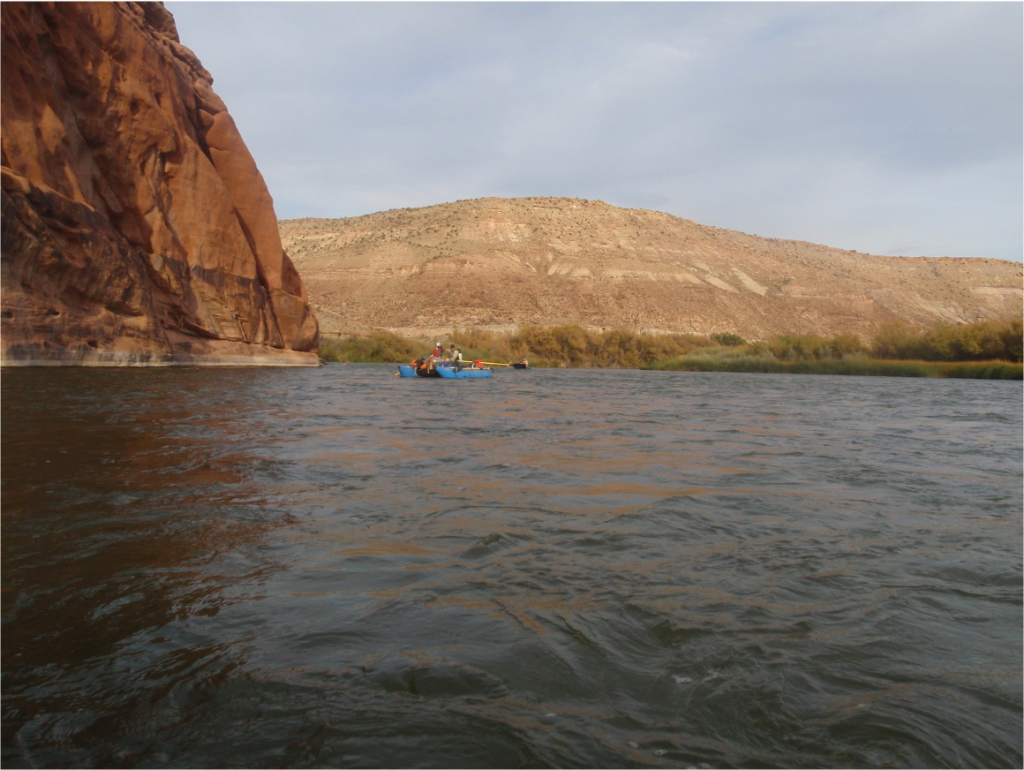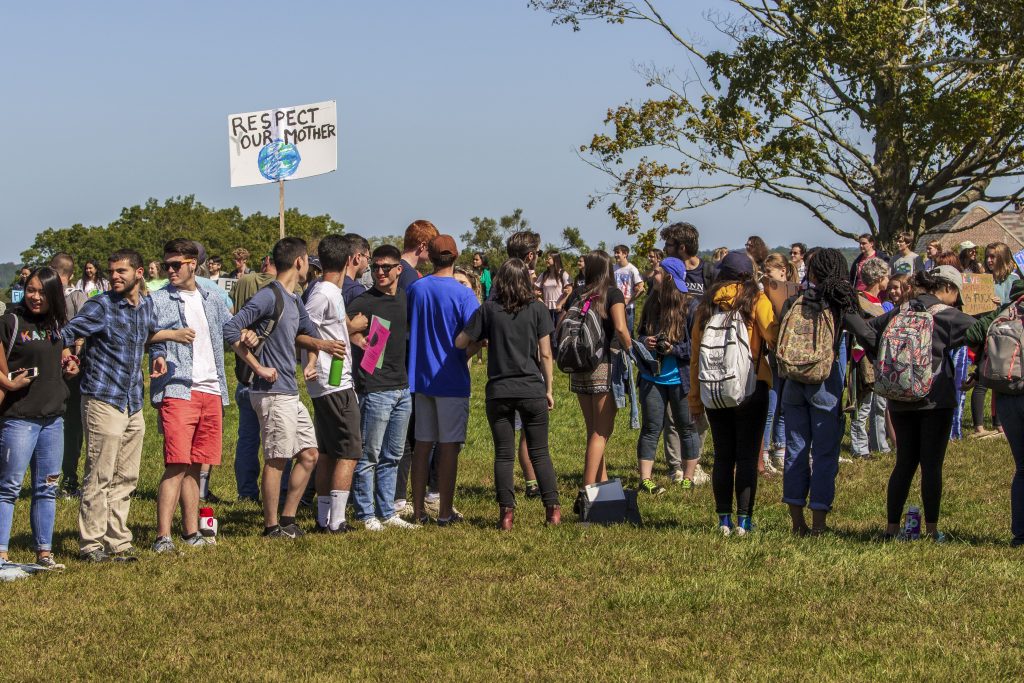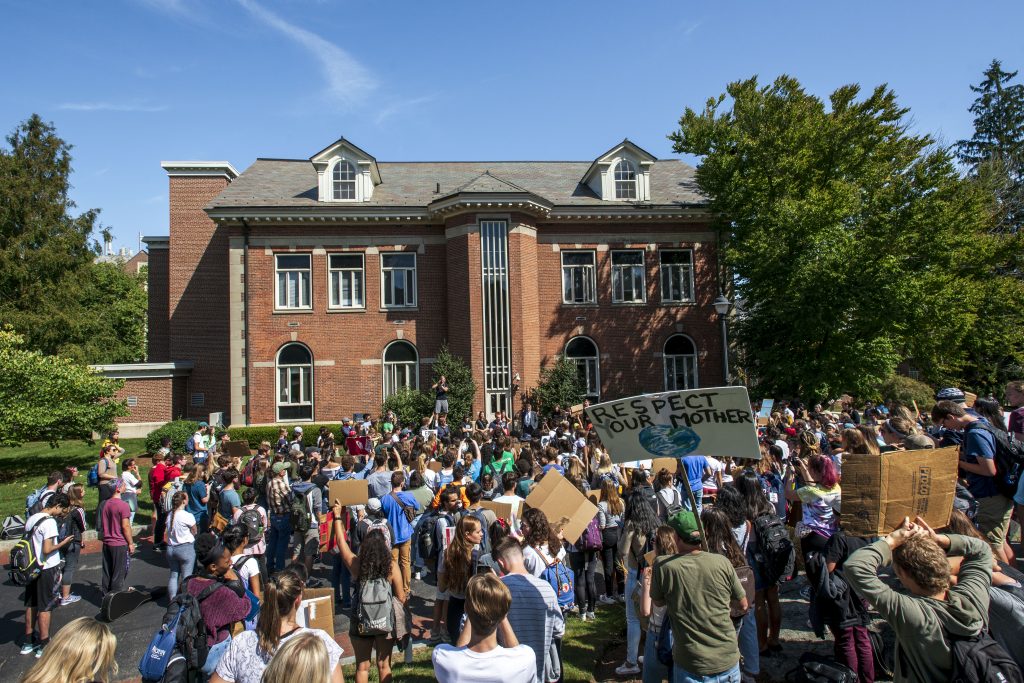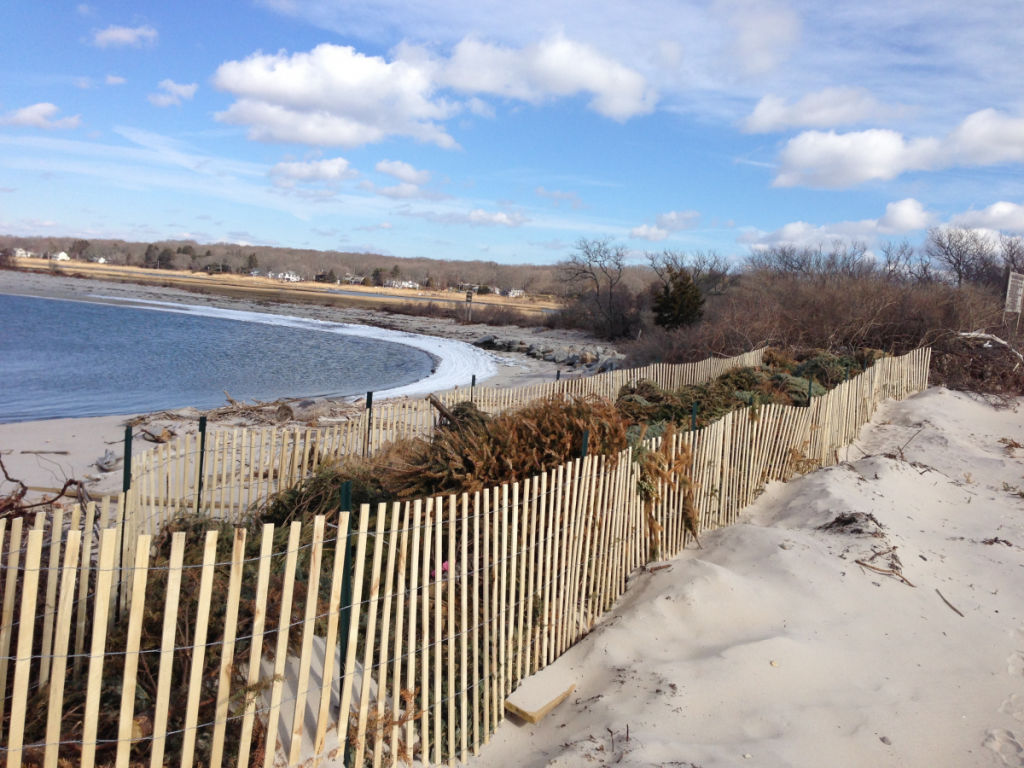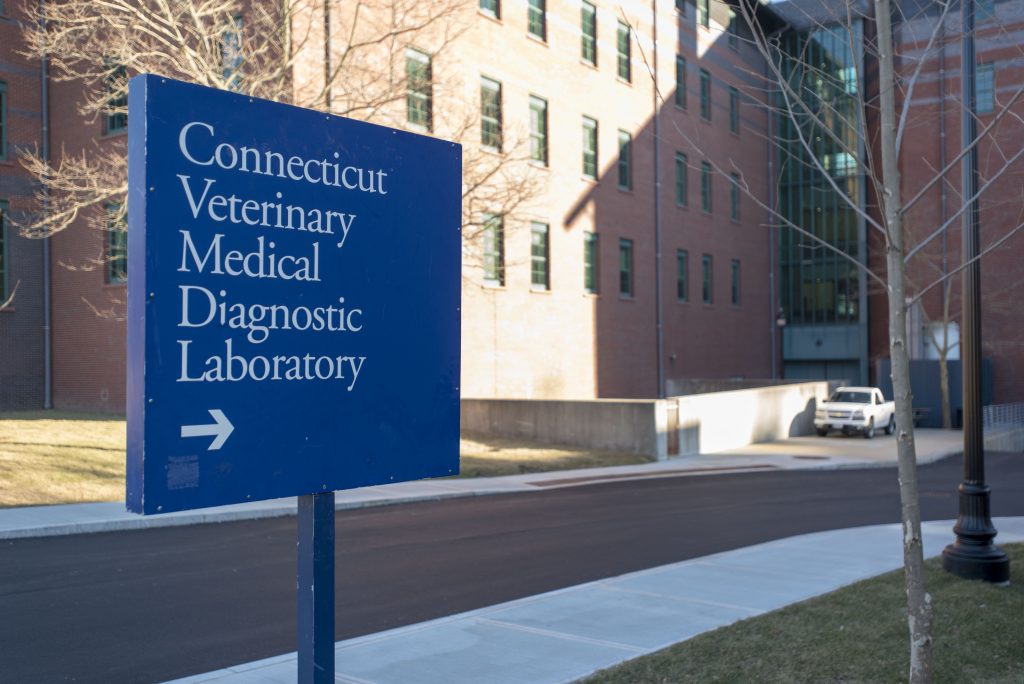Sustainability
UConn Magazine: Inspiring Students to Save the Planet
“Sustainability is arguably the biggest challenge we face in the 21st century,” says Michael Willig.
February 25, 2021 | Lisa Stiepock
For Selenium in Rivers, Timing Matters
Researchers have gained new insight into an ongoing environmental health problem.
February 23, 2021 | Combined Reports
Pandemic Got You Down? A Little Nature Could Help
Spending time in nature can help ease stressful feelings, researchers found.
February 18, 2021 | Jaclyn Severance
Q&A: Climate Grief and Our Crisis of Culture
UConn's Phoebe Godfrey locates the growing feeling of "climate grief" in existing problems of Western society.
February 10, 2021 | Elaina Hancock
Benton ‘Anthropocene’ Exhibit Highlights Human Impact on Environment
Exploring humans' effect on the planet through centuries of art.
February 5, 2021 | Kenneth Best
When Looking at Species Declines, Nuances and Long-term Data Are Important
How a claim about the impact of climate change on insect populations in Puerto Rico didn't quite match the data.
January 26, 2021 | Elaina Hancock
Opinion: A Book for All of Us Living in the Time of ‘The Great Derangement’
Amitav Ghosh's meditation on the inability of contemporary society to face up to climate change is an urgent and timely selection for UConn Reads.
January 22, 2021 | Elaina Hancock
Bury Christmas, And a Happy New Use: Repurposing Christmas Trees to Prevent Coastal Erosion
When Christmas is over, those formerly-decorated trees may have a new purpose in protecting Connecticut beaches and marshes from erosion.
December 22, 2020 | Anna Zarra Aldrich '20 (CLAS), Office of the Vice President for Research
With Global Challenges in Mind, Keeping a Decades-long Success Story at the Forefront
The world's success in addressing the crisis of acid rain could serve as a template for tackling similar challenges.
December 17, 2020 | Elaina Hancock
UConn, Mystic Aquarium Work Together to Enhance Animal Health
The Connecticut Veterinary Medical Diagnostic Laboratory at UConn and Mystic Aquarium have an education and animal health partnership that dates back almost 30 years.
December 1, 2020 | Stacey Stearns, UConn Extension
